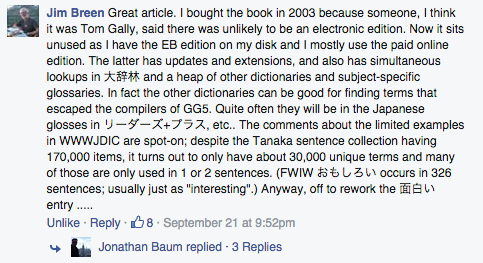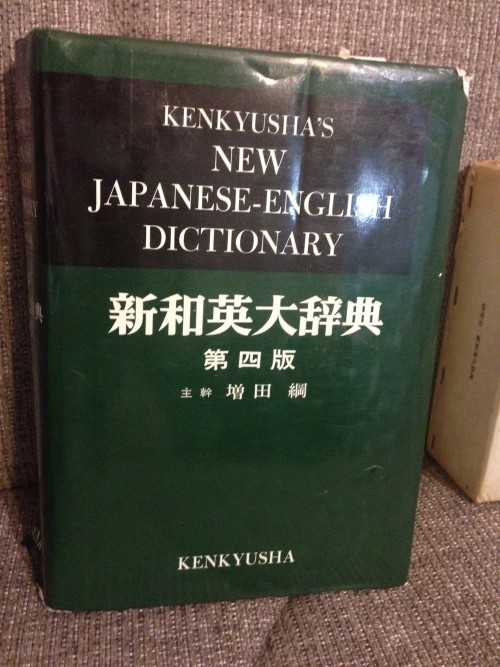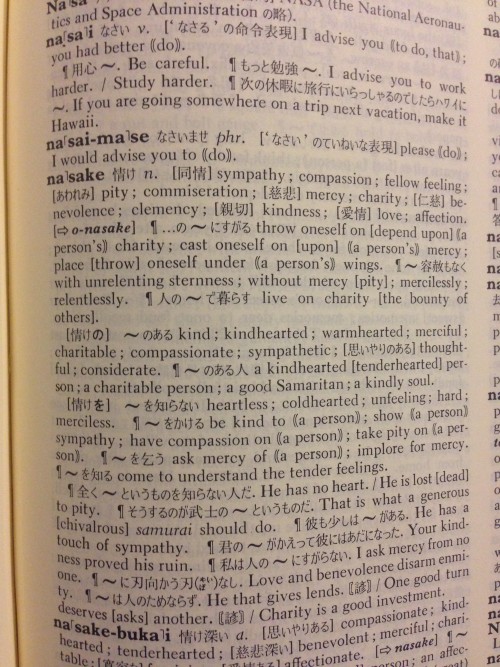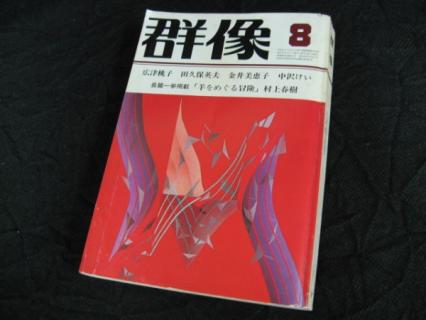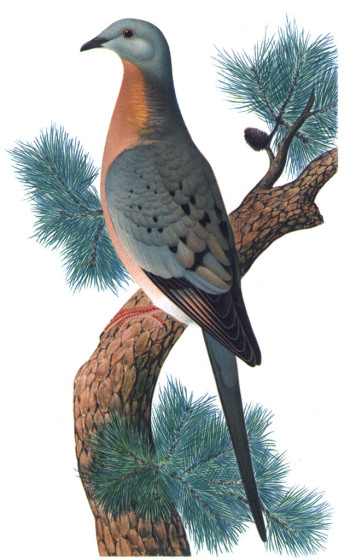Welcome to the Eighth Annual How to Japanese Murakami Fest!
With the goal of stirring up even more interest in Murakami between now and October, when the Nobel Prizes are announced, I will post a small piece of Murakami translation/analysis/revelation once a week from now until the announcement. You can see past entries in the series here:
Year One: Boobs, The Wind, Baseball, Lederhosen, Eels, Monkeys, and Doves
Year Two: Hotel Lobby Oysters, Condoms, Spinning Around and Around, 街・町, The Town and Its Uncertain Wall, A Short Piece on the Elephant that Crushes Heineken Cans
Year Three: “The Town and Its Uncertain Wall” – Words and Weirs, The Library, Old Dreams, Saying Goodbye, Lastly
Year Four: More Drawers, Phone Calls, Metaphors, Eight-year-olds, dude, Ushikawa, Last Line
Year Five: Jurassic Sapporo, Gerry Mulligan, All Growns Up, Dance, Mountain Climbing
Year Six: Sex With Fat Women, Coffee With the Colonel, The Librarian, Old Man, Watermelons
Year Seven: Warmth, Rebirth, Wasteland, Hard-ons, Seventeen, Embrace
Year Eight: Pigeon, Edits, Magazines, Awkwardness
I dedicated a previous Murakami Fest to excerpts from “The Town and Its Uncertain Wall” (see “Year Three” above), the 1980 story that Murakami later rewrote for Hard-boiled Wonderland and the End of the World. Murakami discusses the story at length in the 自作を語る for Hard-boiled Wonderland. Despite claiming that he viewed his previous stories “as documents that hold meaning as a sort of fixed-point observation,” Murakami declined to include “The Town” in the Complete Works, which he explains here:
書き始めた時点では、小説の構成については非常に漠然としたイメージしかなかった。しばらく前に『文学界』のために書いた『街とその不確かな壁』という中編小説(あるいは長い短編小説)を膨らませてリライトしようということだけは決まっていたのだが、それをどういう方向に書き直していくかということになると、全く方針が立たなかった。僕はこの『街とその不確かな壁』という小説を『1973年のピンボール』のあとで書いたのだが、このテーマでものを書くのはやはりまだ時期尚早だった。それだけのものを書く能力がまだ僕には備わっていなかったのだ。そのことは書き終えた時点で自分でもわかった。僕は自分がやってしまったことについてはあまり後悔している。発表するべきではなかったんじゃないかと思う。でも考えようによっては、活字にしてしまったなればこそ、なんとかこれを書き直して少しでもまともなものにしたいという思いも強くなったのかもしれない。もし『街とその不確かな壁』をあの時点で活字にしなかったら、『世界の終わりとハードボイルド・ワンダラーンド』は今あるものとは全然違ったかたちのものになっていたかもしれない。今回この全集刊行にあたって『街とその不確かな壁』を全集に収録してほしいという要望が出版社側からなされたのだが、僕としてはそうしたくなかった。たとえそれが志のある失敗作であるにせよ(そうであることを筆者は願っている)、失敗作は失敗作であり、それを改めて衆目に曝したいとは思わない。どうしても読みたいという読者は図書館で『文学界』のバックナンバーをみつけて読んでいただきたいと思う。(V-VI)
I had only a very faint image of the structure of the novel when I started writing. I had only decided to rewrite and expand “The Town and Its Uncertain Wall,” a novella (or maybe a long short story) that I wrote for Bungakukai a little while before, but I had no plan whatsoever for the direction I would take in rewriting it. I wrote the story “The Town and Its Uncertain Wall” after Pinball, 1973, but it was premature for me to write on those themes. I wasn’t yet equipped with the abilities to write on themes like that. I realized this myself immediately after I finished writing. I was disappointed with what I’d done. I think I probably shouldn’t have published it. But in a different light, my desire to rewrite it and turn it into something more respectable might have grown even stronger precisely because I put it into print. If I hadn’t published “The Town and Its Uncertain Wall” at that time, Hard-boiled Wonderland and the End of the World might have become an entirely different book from what it is now. For the publication of this Complete Works, my publisher requested that I include “The Town and Its Uncertain Wall”, but I didn’t want to. A failed work is a failed work, even if it was ambitious (and the writer hopes it was). I didn’t want it to be exposed to public scrutiny once again. I would ask that readers who absolutely must read it please find a back issue of Bungakukai in the library and read it there.
I’ve read the story, and it’s not great, but it’s not terrible either. It feels disjointed, and it doesn’t really wrap up neatly, but there is some magic there at the End of the World. I’m surprised Murakami is so self-conscious about it.
It’s at least worth a trip to the National Diet Library for Murakami treasure hunters, and if you’re internet savvy, you can have them copy it out and send it to you (at a Japanese address)…which is what I did when I accidentally left my heavily annotated copy on a bus on the way back to Tokyo from Fukushima. Rest in piece, my original copy. The fresh copy I had sent from the NDL is nice, but I wish I still had my vocab notes.
This is the final post in Murakami Fest this year! The announcements begin next week, and as usual the Literature date has not yet been set.
(Translation updated on 2023/3/8)

